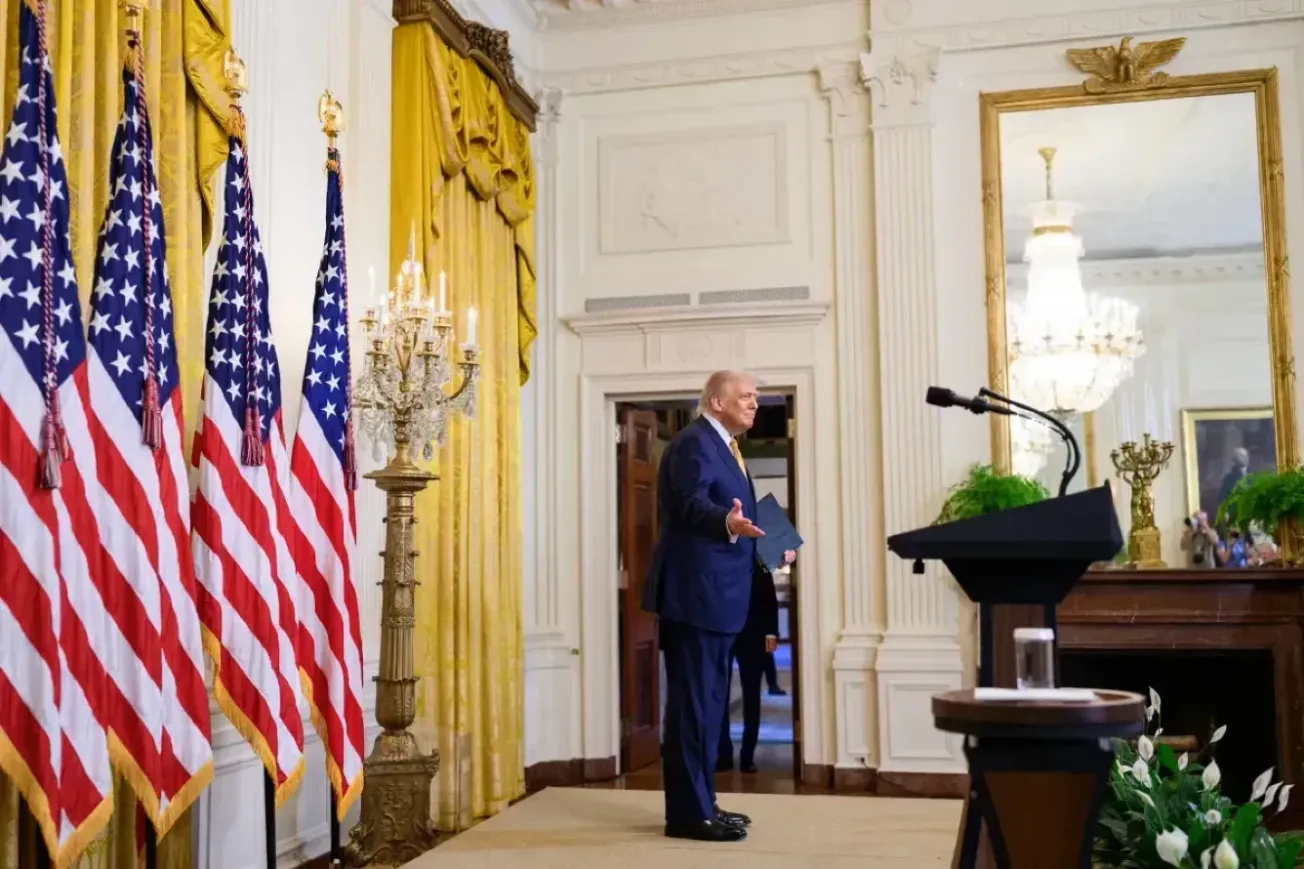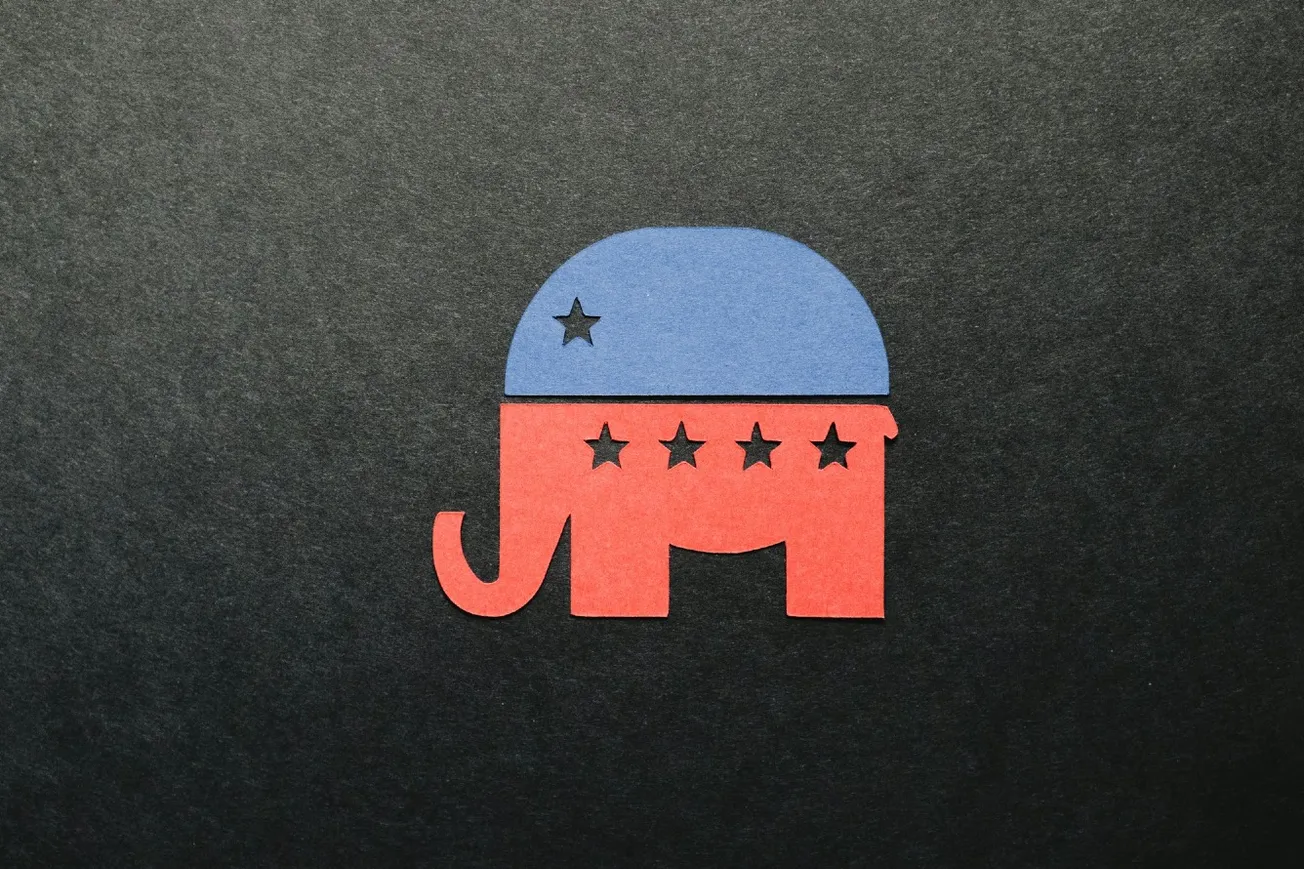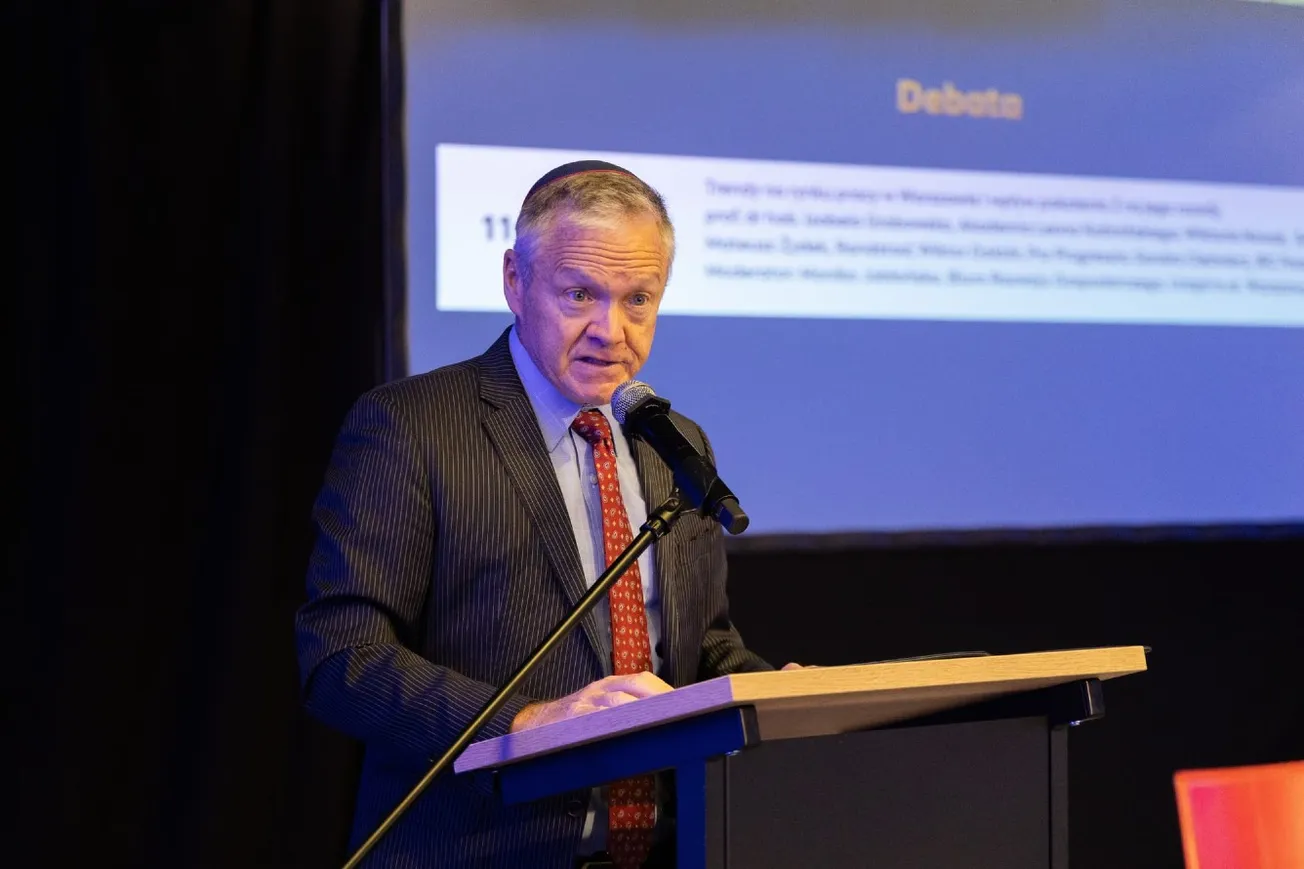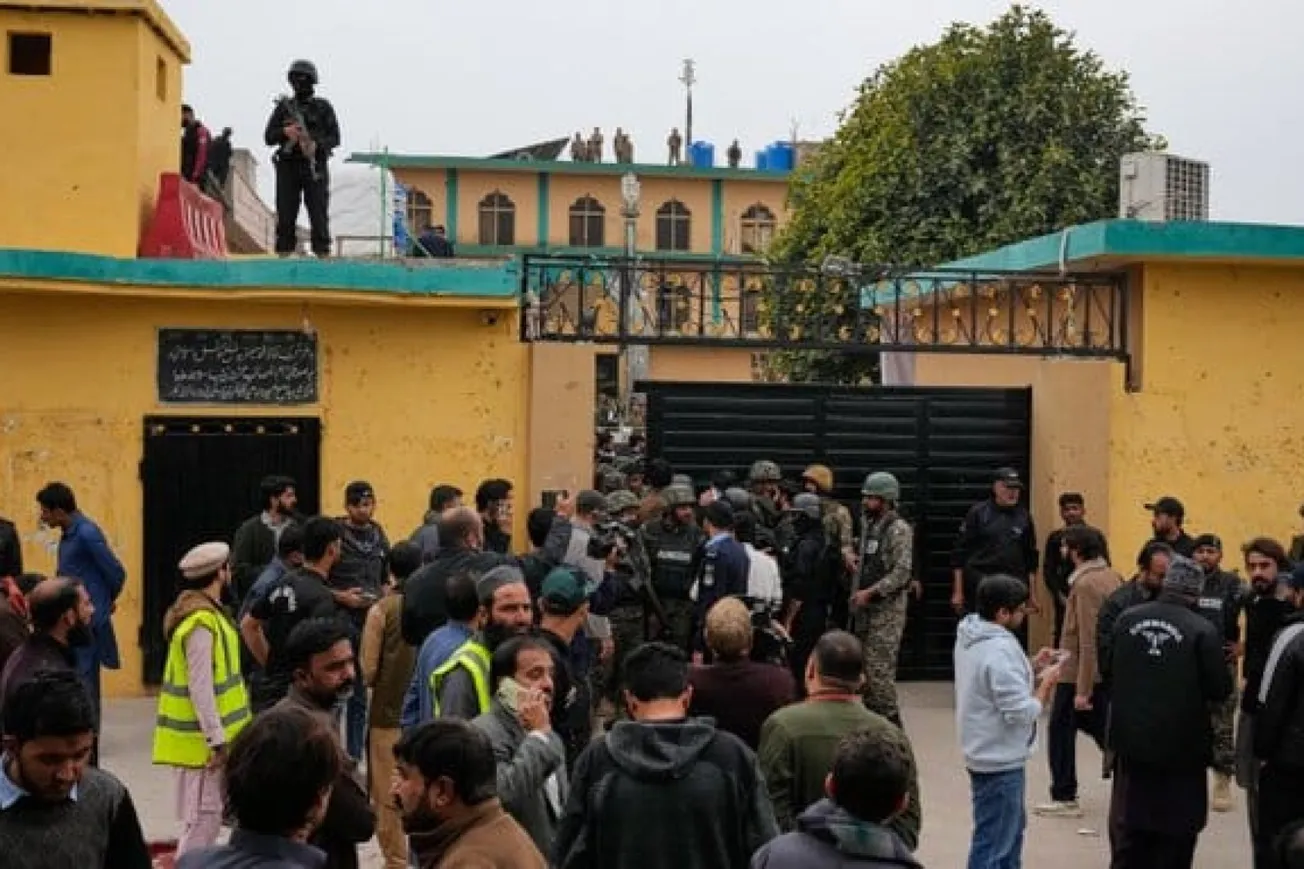By John Kennedy, Mises Wire | March 24, 2025
On the early morning of December 4, 2024, the UnitedHealth CEO, Brian Thompson, was assassinated by Luigi Manigone in front of the Hilton Midtown Hotel. The response by the establishment media, fellow CEOs, and politicians had revealed the weakness and unwillingness of these elites to defend their power. A New York Times article explained how the killing of Brian Thompson “exposes frustration” with the healthcare system and how many Americans applaud Manigone and his efforts in fighting healthcare inequality and corruption.
Even Andrew Witty—the CEO of UnitedHealth Group—the parent company of UnitedHealth, had claimed in a New York Times op-ed that the healthcare system “does not work as well as it should.” An article from CBS further elaborates on this statement:
Witty said that he understood people’s frustrations with the healthcare system. Americans pay more than ever for health insurance, even as insurers are rejecting more than 1 in 5 claims. Most adults in the U.S. say they worry about their ability to pay for health care services or unexpected medical bills, according to a 2024 KFF survey.
The elite theorist, Vilfredo Pareto, once theorized the “circulation of elites” and their techniques used to maintain their rule. To understand the weak response of the American elites and how it will lead to their fall, a clear understanding of the “fox and lion” elites is necessary.
Foxes and Lions
Pareto had divided elites in class I and class II residues, class I were foxes who ruled through cooperation, diplomacy, and deviousness; class II were lions who ruled through the use of force. Pareto argued that although no one ruling elite can rule through force alone, it was necessary for them to use in order maintain their authority, he said:
Whatever the form of government, men holding power have as a rule a certain inclination to use that power to keep themselves in the saddle, and to abuse it to secure personal gains and advantages.
Elites such as Stalin had killed and imprisoned millions of alleged “enemies of the people,” in particular fellow elites who followed Leon Trotsky and Bolsheviks who posed a threat to his power. During World War Two, Czech assassins killed Nazi security chief Reinhard Heydrich in Prague. In retaliation for this, German soldiers entered the Czech town of Lidice, shot all the men, and burnt the village to the ground. In other parts of the world, Saddam Hussien in Iraq had purged the Ba’ath party in 1979 on live TV, calling out the names of suspected conspirators in order to secure his power.
The American elites have operated differently. Instead of using outright violence to secure their power, they have preferred deceit and bureaucracy to maintain their rule. During the 1950s, suspected communists were put before congressional committees and were defamed, Alger Hiss in 1950 by Richard Nixon and later the McCarthy Trials against Joseph Welch. The defamation of character has been in the American elite playbook for the remainder of the 20th century; after the Pentagon defense analyst Daniel Ellsberg leaked the Pentagon Papers, for instance, President Nixon sent a team to break into his psychiatrist’s office in order to find ways to discredit him. Even in the 21st century, Donald Trump was accused of colluding with the Russians in 2016, only for the charges to be dropped. But interestingly, in the modern day, the elites refused to defend one of their own who was gunned down on the street corner; perhaps the American elites are losing their will to power.
Will to Power
Throughout history, elites have come to power and have fallen in due course. While it might seem banal to say, there are many who may believe that their elites are omnipotent; they don’t understand that history is the graveyard of aristocracies. In Vilfredo Pareto’s book, The Rise and Fall of Elites, he goes over the “will to power” or how willing a group of elites is to do what is necessary to maintain their rule. He explains (p. 60):
Elites often become effete. They preserve a certain passive courage, but lack active courage. It is amazing to see how in Imperial Rome the members of the elite committed suicide or allowed themselves to be assassinated without the slightest defense, as long as it pleased Caeser. We are equally amazed when we see the nobles in France die on the guillotine, instead of going down fighting, weapon in hand.
If King Louis XVI had actually fought back during the insurrection of August 10, 1789, perhaps he may have won. But other elites have faced the same dilemma and failed to maintain their power. Tsar Nicholas II, instead of fighting, abdicated on March 15, 1917, when Petrograd insurrectionists demanded he do so. These same insurrectionists who would later help form the Soviet Union and become its elites would collapse in a similar way in the 1980s. Ethnic groups within the Soviet Union would take advantage of Gorbachev’s democratic reforms in hopes of independence; the Baltic States in particular funneled separatist ideas into Ukraine, Belarus, and even into Russia itself. In Vladislav Zubok’s book Collapse (p. 60), he explains how the Politburo reacted:
In November 1988, a group of conservative Politburo members toured Estonia, Lithuania and Latvia, and returned to Moscow horrified. Separatism, they reported, had become the new national consensus in the Baltics. The Baltic intelligentsia were playing a double game. They were telling visitors from Moscow tales of perestroika, but the streets were shouting: “Russians go home!” “Down with dictatorship from Moscow.”... Everyone expected Gorbachev to take a firm stand.
Gorbachev did not take a firm stand, there was a long-standing fear among the Soviet Politburo of “reenacting ’56” when Soviet forces invaded Hungary in response to an insurrection. This fear was prominent among communist governments throughout Eastern Europe. Polish General Jaluzeki declared martial law in 1981 in response to the Solidarity movement and a possible Soviet response, but this had failed to quell the movement. When the pro-Solidarity Catholic Priest, Jerzy Popiełuszko, posed too much of a threat, three members of the Polish Security Service murdered him; these three officers were subsequently imprisoned by the same Polish government for murder. It’s easy to see why the Soviet Union collapsed when its weakness and unwillingness to defend its power became evident. It would be hard to imagine Stalin allowing any of this to take place. China did not. It killed what some UK documents claim to be 10,000 students at Tiananmen Square in 1989. This is why the Chinese Communists remain in power and Russia’s did not.
Conclusion
The American elites, by not only failing to denounce Luigi Manigone, but even by reasserting his critiques about the healthcare industry, expose their weakness and unwillingness to defend themselves or their power. By admitting that they’re wrong and that the healthcare industry is corrupt, they will only further enrage people as they see things remaining the same.
But healthcare is only a sub-sector within the larger nation and its problems; if the elites reform, they will see themselves dethroned from their offices; if they continue to carry on the status quo, they may find themselves losing their heads or having to change the entire function of government to maintain power. Elites, no matter where they are in the world, will continue to learn the personal lesson that history is the graveyard of aristocracies.
John Kennedy is a recent graduate of Hartford Magnet Trinity College Academy. Economists such as Murray Rothbard, Hans-Hermann Hoppe, and Ludwig von Mises have captured his interest in Austrian economics and inspired him to start writing.
Original article link









